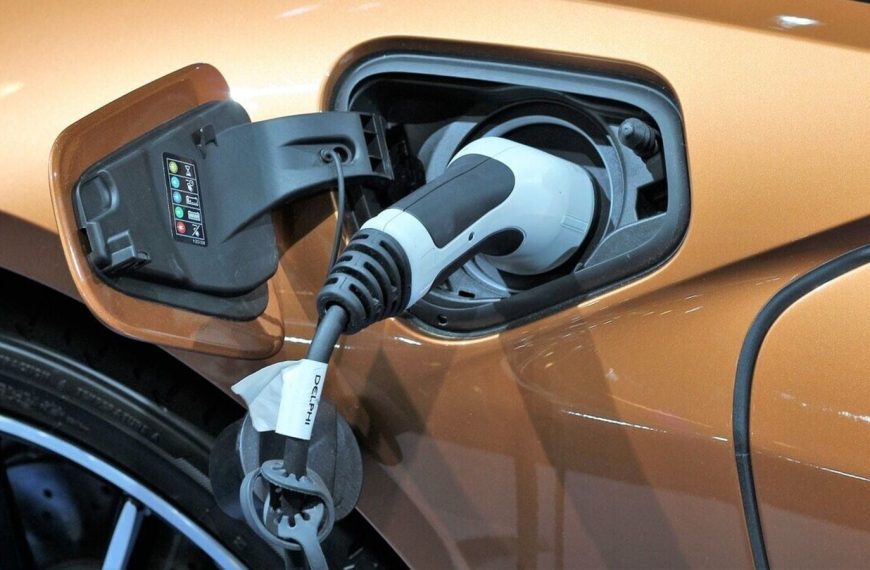On Wednesday, Tesla experienced a remarkable surge in stock prices, climbing nearly 8% after the electric vehicle manufacturer announced a surprisingly robust profit for its automotive division. In a significant shift, CEO Elon Musk stated that he intends to reduce his involvement with the Trump administration, redirecting his focus towards managing Tesla and its associated ventures. This decision comes amid concerns from investors regarding the company’s recent underwhelming performance.
Musk’s Commitment to Tesla
During a recent earnings call, Musk emphasized that he would significantly increase his engagement with Tesla starting next month, as he wraps up his role in establishing the Department of Government Efficiency. He assured stakeholders that his primary focus would now be on the company, especially following one of its most challenging quarters in recent years.
- Stock Performance: Tesla’s shares rose 3.8% shortly after the opening bell on Wednesday.
- Earnings Results: The company’s first-quarter outcomes revealed ongoing challenges in its core automotive sector, missing analysts’ projections for revenue and earnings.
Navigating Economic Challenges
Tesla acknowledged that while it is investing in its automotive segment for future growth, its trajectory is closely tied to the broader macroeconomic landscape. The company will reassess its sales forecasts during its second-quarter report. Furthermore, it has revised its capital expenditure plans, warning of potential delays due to shifting trade policies.
Musk has been vocal about advocating for reduced tariffs, even while recognizing his differences with Trump on the issue. The administration’s tariff increases on imports have raised concerns among investors about potential price hikes for American consumers.
Supply Chain Strategies
Despite facing challenges, Musk asserted that Tesla is well-positioned compared to its competitors regarding tariff impacts. He explained that the company is actively working on localizing its supply chains to mitigate logistical hurdles and control costs.
- Supply Chain Focus: Tesla aims to lessen its dependency on imported auto parts, particularly as tariffs on components from Canada and Mexico are set to take effect soon.
- Strategic Position: “We are, I think, the least affected car company with respect to tariffs,” Musk stated, highlighting Tesla’s competitive edge.
Impact of Tariffs on Energy Business
Musk also underscored that tariffs could have a substantial effect on Tesla’s energy sector, particularly concerning its Megapack energy-storage systems that rely heavily on battery cells sourced from China. According to research from Wood Mackenzie, China accounts for 84% of global lithium-ion battery production capacity, while North America contributes a mere 5%.
Political and Operational Insights
Tesla’s earnings report included a caution about how shifting political sentiments might influence product demand in the near future. Musk also addressed recent protests against the company, suggesting that they were orchestrated and funded, although he did not provide specific evidence for this claim.
Despite the challenges, Tesla remains committed to innovation, with plans to launch new models, including more affordable options, in the first half of the year. Vice President of Vehicle Engineering, Lars Moravy, stated that these upcoming vehicles will maintain the essence of Tesla’s design philosophy.
- Future Developments: The company is set to initiate its autonomous vehicle ride-hailing service, starting with a small fleet in Austin this June.
As Tesla navigates these complexities, it is clear that Musk is intensifying his focus on driving the company’s future, particularly in the realms of autonomy and artificial intelligence.









